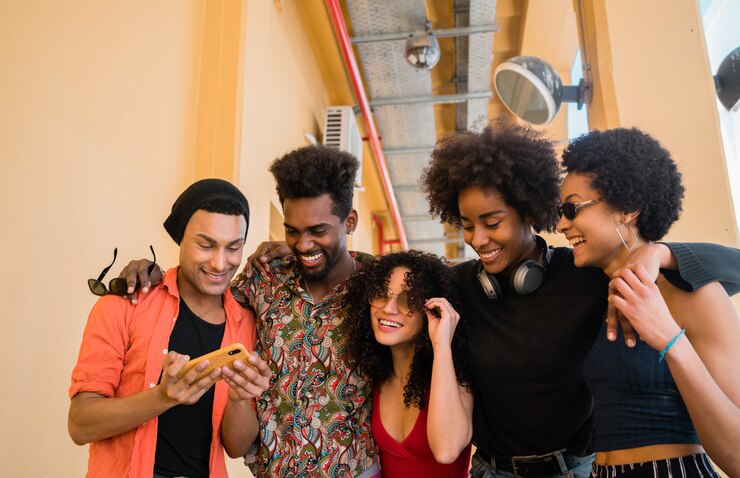College Enrollment Declines Again Though Online Schools, HBCUs See Increases
About 1.5 million fewer students are enrolled than before the pandemic, says report from National Student Clearinghouse.
College enrollment dropped for the third consecutive school year after the start of the pandemic, dashing universities’ hopes that a post-Covid rebound was at hand.
The rate of the decline has slowed this fall, with college enrollment dropping 1.1% since last autumn. Over the first two years of the Covid-19 pandemic, enrollment fell about 6.5%, according to the National Student Clearinghouse, a nonprofit that released a report Thursday.
About 1.5 million fewer students are enrolled in college than before the pandemic, according to the nonprofit.
“I certainly wouldn’t call this a recovery,” said Doug Shapiro, executive director of the research center at the National Student Clearinghouse. “After two straight years of historically large losses in student enrollment it’s particularly troubling that the numbers have not climbed back at this point, especially among freshmen.”
Online schools and historically Black colleges and universities were among the few categories of schools to enroll more students in the fall, data show. The shift reflects a change in the way students say they are choosing their colleges.
University enrollment was sinking for a decade before the pandemic and this year’s rate marks a return to that earlier, slower pace of decline. Factors contributing to enrollment’s long-term slide include concerns about student debt and the rise of alternative credentials.
Less selective private colleges, especially in the Midwest and Northeast have been hardest hit while the most prestigious schools, including most public flagship universities, have maintained strong enrollment numbers, according to the National Student Clearinghouse.
At online schools, where students take classes remotely, enrollment grew 3.2% from last fall, according to the Clearinghouse. For students aged 18-20, enrollment grew 23.4% over two years since fall 2020.

Scott Pulsipher, president of Western Governors University, which enrolled about 200,000 students online last year, said the number of 18-to-24-year-olds jumped to 11% of the student body from 6% five years ago.
Cost and value are attracting young people to online programs, he said. A lot of families can’t afford to pay for the extras colleges charge to enhance the campus lifestyle such as manicured grounds, large gyms and luxurious dormitories. They want to limit their expenses to those associated directly with teaching and learning.
Mr. Pulsipher said online education has evolved since its inception. “We’ve learned how to leverage technology to dramatically personalize learning in a way that can increase cognitive progress,” Mr. Pulsipher said.
Ryan Weger, 20 years old, was among the high-school students who enrolled at WGU during the pandemic. He earned a degree in a little less than a year for about $7,000 and now earns $65,000 a year as a data-center tech at Amazon in Northern Virginia. He also earned seven tech credentials while getting his degree.
“When I was considering going to WGU in high school the one con was that I wouldn’t get the campus experience,” Mr. Weger said. “But when I visit my friends in college I don’t feel like I really missed out on that much.”
HBCUs saw an enrollment uptick of more than 6% among freshmen. After years of struggling, HBCUs are on an upswing in the last two years, said Walter Kimbrough, interim executive director of the Black Men’s Research Institute at Morehouse College.
He attributes the increases to a cultural resurgence highlighted by Vice President Kamala Harris, an HBCU alum, as well as greater concern around racism following the 2020 murder of George Floyd. “Families are saying explicitly, I want to send my child to a place where they will feel safe,” Dr. Kimbrough said.
Temitope Soyombo, a freshman at Prairie View A&M University, an HBCU outside of Houston, said the sense of safety informed her decision to enroll. “It just feels better at an HBCU,” she said. “I’m more comfortable talking to my peers.”
The Supreme Court is scheduled to hear a case involving college admissions and affirmative action this fall. If the court decides schools are no longer able to consider race in admissions, Dr. Kimbrough expects that would lead to a boost in HBCU enrollment.


